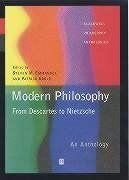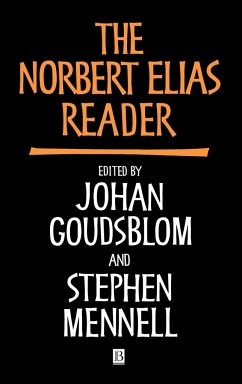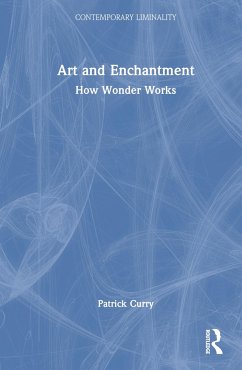
Modern Philosophy - From Descartes to Nietzsche
An Anthology
Herausgeber: Emmanuel, Steven M; Goold, Patrick
Versandkostenfrei!
Versandfertig in über 4 Wochen
178,99 €
inkl. MwSt.

PAYBACK Punkte
89 °P sammeln!
Modern Philosophy - From Descartes to Nietzsche: An Anthology features a broad range of selections from important but seldom anthologized works in the philosophy of psychology, natural science, metaphysics, epistemology, morality, politics, and religion. Representative selections from Descartes's work in physics, Berkeley's commentary on morality, Kant's political theory, and Mill's analysis of religion - to name just a few - are placed alongside carefully chosen excerpts from some of their better-known works. The editors have selected these texts in way which places the modern philosophers i...
Modern Philosophy - From Descartes to Nietzsche: An Anthology features a broad range of selections from important but seldom anthologized works in the philosophy of psychology, natural science, metaphysics, epistemology, morality, politics, and religion. Representative selections from Descartes's work in physics, Berkeley's commentary on morality, Kant's political theory, and Mill's analysis of religion - to name just a few - are placed alongside carefully chosen excerpts from some of their better-known works. The editors have selected these texts in way which places the modern philosophers in direct conversation with each other. This volume provides an unparalleled offering of primary sources for anyone interested in the history of philosophy and modern political thought. When used alongside The Blackwell Guide to the Modern Philosophers (2001), these volumes provide students of modern philosophy with an ideal combination of primary sources and expert commentary.












